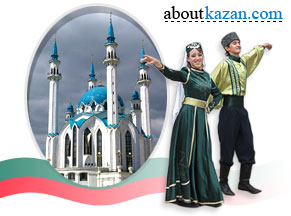Kazan Russia — a thousand-year Russian city
Islamic religion and culture of Tatars - Kazan city people
The Islamic religion and culture of the people suffered persecution for over two and a half centuries. After the conquest of 1552, all the mosques in the Kazan city were demolished.
One of Kazan city mosques
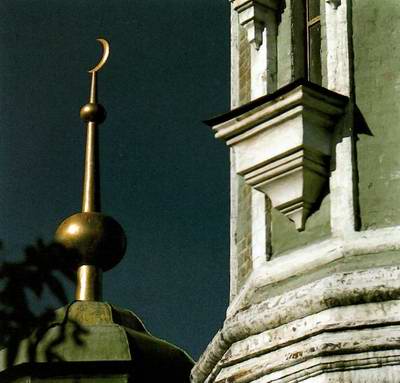
Later, religious intolerance impelled the Tatar aristocracy, who had already intermarried with the Russian aristocracy for two centuries, to be baptised in order to keep their privileges. Many Russian noble families had Tatar blood in their veins. Tatar ancestors are to be found in the genealogies of N.Karamzin, M.Lermontov, D.Mendeleev, A.Skriabin.
Kazan city Tatars culture
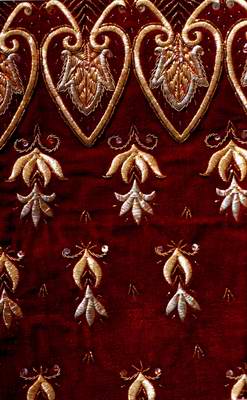
Thus, over the centuries, despite the official state policy, ancient Bolgar Kazan culture was not only in contact with Russian culture, but also at times united with it. Imperial policy brought many tragic ordeals, but even with the dramatic settling of accounts between the Russian and Tatar peoples, there never existed any racial hatred. Back in 1593, Archbishop Germogen of Kazan wrote: "Many Rus-captives and non-captives live with the Tatars, and the Tcheremis and drink with them and eat from the same bowl and 31 married to them".
Kazan city Tatars culture
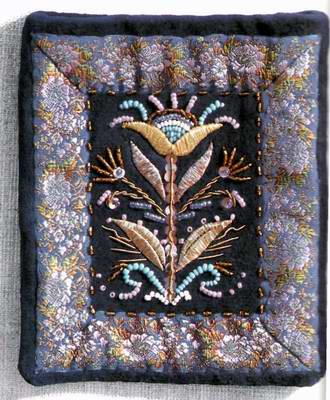
Reports of this kind led to fresh persecution, but the Tatar people maintained their ethnic and cultural identity, despite the fact that although they had a thousand-year-old literature. Before 1905 they were forbidden to have their own newspapers and magazines.
Kazan city Tatars culture
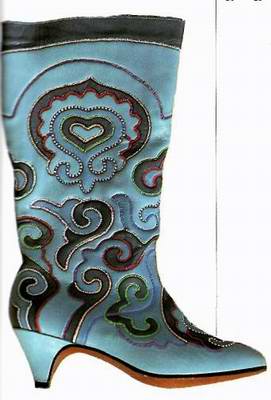
After they had been ejected from the Kazan city, the persecuted Tatar found a haven in remote villages and the two settlements near the city, where, alongside the wooden and later stone mosques, schools were built. Scholars such as Kursavi, Nasyri and Mardzham renowned throughout the Muslim world for their wide learning, worked and taught here.
Kazan city Tatars culture
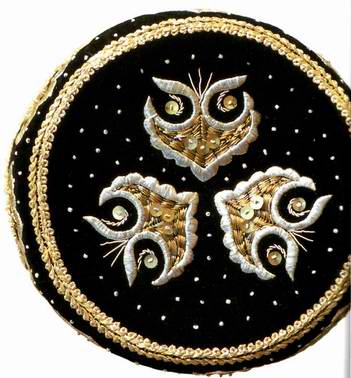
Here were born the great poets Utyz Imyani, Gali Chokry, Kandaly, Gabdulla Tukay. Here the historical truth was preserved and ancient books and manuscripts, which by some miracle had survived the flames, were copied. Here the Kazan Tatars preserved what their ancestors had clung to under threat of death and terrible deprivation: the long poems and examples of calligraphy of the Bolgar and old Kazan times, their style of life, their patterns and ornaments, their songs.
Kazan city - Russian Islam capital
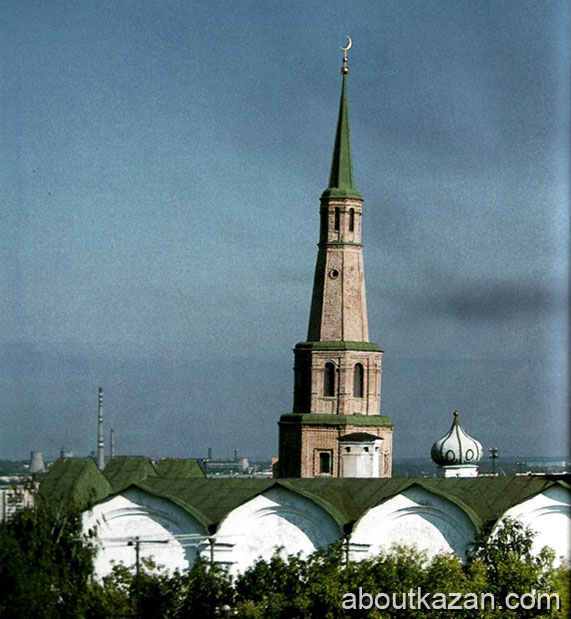
For more information about Russia you may visit the following Russian cities, towns and regions guidebook
© 2007—2012 Alex Grachov, Sergey Kozin. All rights reserved. Copyright/IP Policy.
